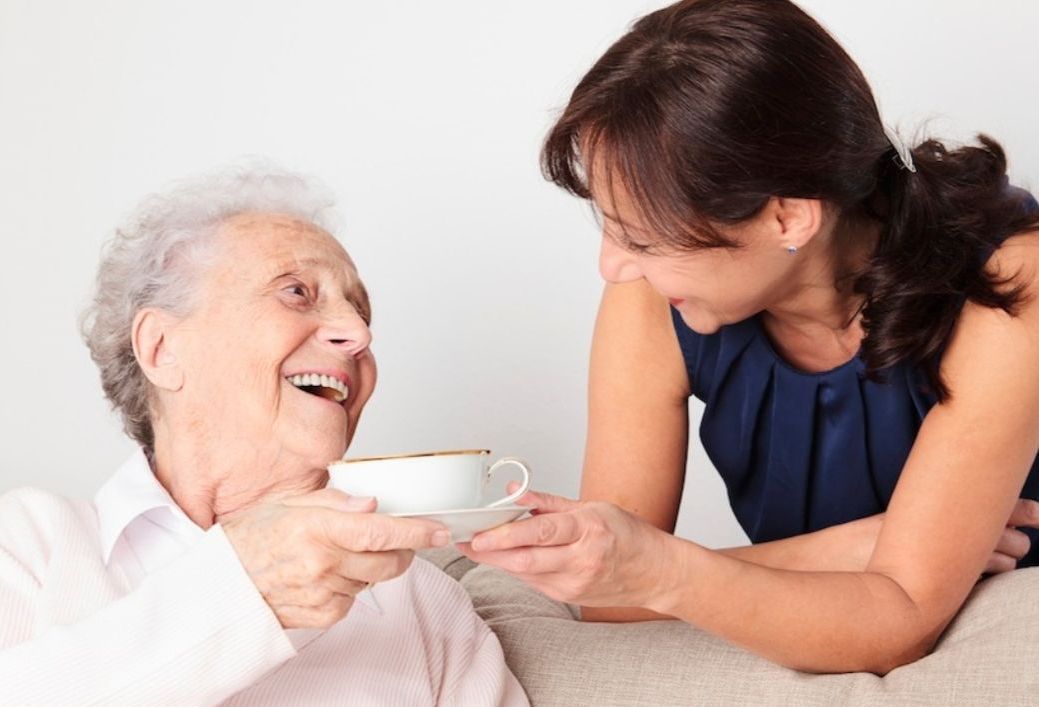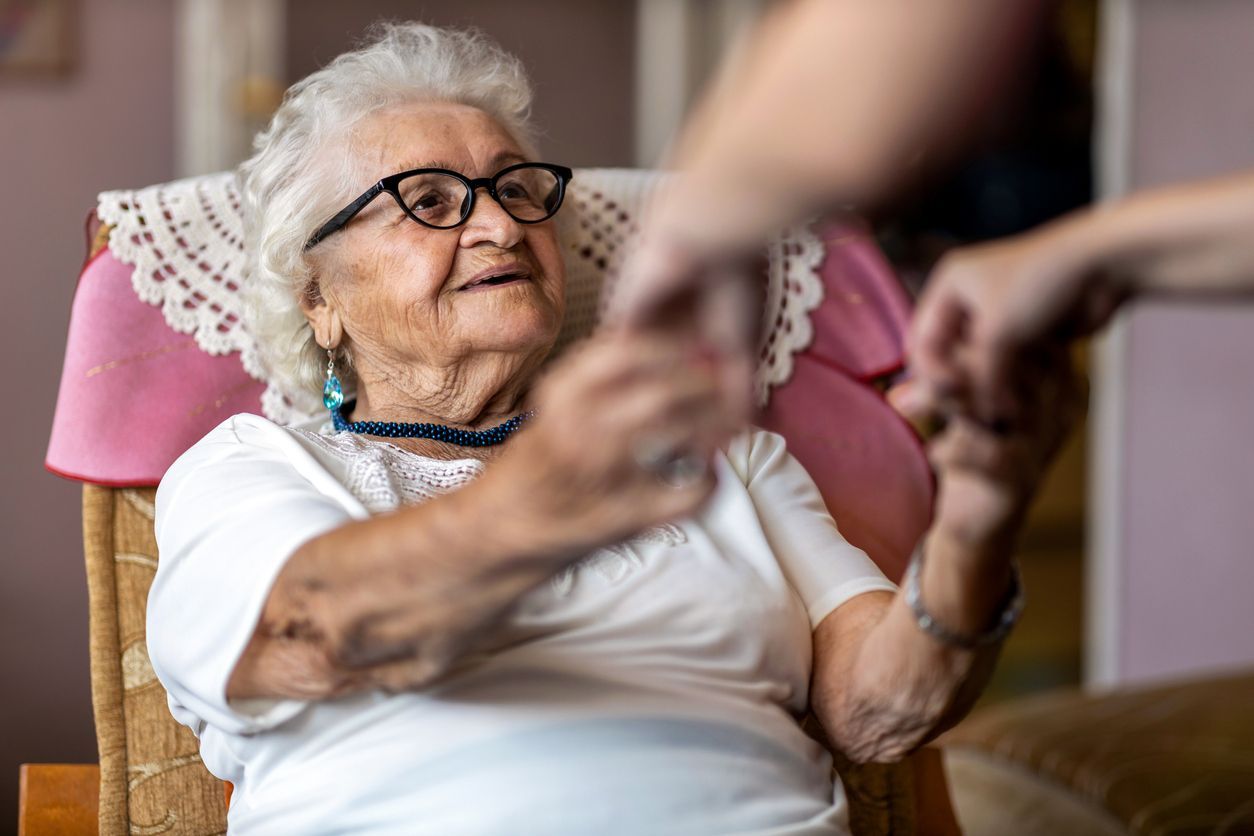Polish Caregivers
The premier home care provider specializing in elderly home care in Connecticut since 2001.
Polish Caregivers Solely Provides Non-Medical Care
Department of Consumer Protection HCA Registration #274

The Caregivers
Polish Caregivers is a family owned and operated business since 2001. Our agency is committed to providing compassionate, reliable, and affordable in-home care services for senior citizens. With a focus on personalized care and attention to detail, we strive to create a supportive and nurturing environment for our clients. Our team of dedicated caregivers is trained to meet the unique needs of each individual, ensuring the highest quality of care.
Our Services
Live-In Care
Access a complete line of medical services to maintain your health throughout pregnancy, including evaluation, diagnosis and treatment.
Button
Hourly Care
With four in-house pediatric doctors, each one a specialist in the field, we ensure that every child at the clinic gets the care they require.
Button
Check Out Our Resources!

Compassionate Care That Promotes Safety, Comfort, and Confidence Memory loss can be a challenging and emotional experience for seniors and their families. Whether caused by aging, dementia, or other cognitive conditions, memory changes often impact daily routines and independence. Caregivers play a vital role in providing steady support that helps seniors feel safe, understood, and respected in their own homes. Understanding the Challenges of Memory Loss Seniors experiencing memory loss may struggle with: Forgetting daily tasks or appointments Confusion about time, place, or routines Difficulty managing medications Increased anxiety or frustration Social withdrawal or changes in mood Recognizing these challenges allows caregivers to respond with patience and empathy. Ways Caregivers Provide Meaningful Support Home care caregivers are trained to adapt care to each individual’s needs, including: 1. Establishing Consistent Routines: Predictable schedules help reduce confusion and create a sense of security. 2. Medication Reminders: Ensuring medications are taken correctly and on time supports overall health and stability. 3. Clear and Gentle Communication: Caregivers use simple instructions and reassuring language to minimize stress. 4. Safety Monitoring: Caregivers help reduce risks by watching for hazards and assisting with mobility around the home. 5. Engaging Activities: Memory-friendly activities, conversation, and companionship help stimulate the mind and improve emotional well-being. Supporting Independence with Compassion Memory loss doesn’t mean a loss of dignity. Home care focuses on helping seniors do as much as they can safely while offering assistance when needed. This balanced approach allows seniors to remain engaged in daily life while families gain peace of mind. With compassionate caregivers and personalized support, seniors living with memory loss can continue to feel comfortable, valued, and supported at home.

What Adult Children Often Notice When the Visits End The holidays often bring families together, giving adult children a rare chance to spend extended time with aging parents. While these visits are meaningful, they can also reveal changes that aren’t always obvious during short phone calls or quick check-ins. After the holidays, many families begin to realize their loved one may need additional support at home. Signs Families Often Notice After Holiday Visits During or after the holidays, adult children may observe: Difficulty keeping up with daily tasks like cooking or cleaning Missed medications or confusion about prescriptions Changes in mobility, balance, or energy levels Memory lapses, forgetfulness, or repeated questions Signs of loneliness once family visits come to an end These moments can be subtle, but they’re often important indicators that extra support could improve safety and quality of life. How Home Care Can Help Home care provides personalized support that helps seniors remain independent while giving families peace of mind. Services may include: 1. Assistance with Daily Activities: Help with meals, housekeeping, and personal care. 2. Medication Reminders: Ensuring prescriptions are taken correctly and on time. 3. Safety and Mobility Support: Reducing fall risks and supporting confidence around the home. 4. Companionship: Offering consistent social interaction after family visits end. 5. Routine and Wellness Monitoring: Caregivers can spot changes early and communicate concerns to families. Turning Holiday Observations into Thoughtful Action Noticing these signs doesn’t mean immediate change is required, but it does open the door to important conversations. Home care allows families to respond with compassion, offering support without taking away independence. After the holidays, many families find that a little extra help goes a long way in keeping loved ones safe, comfortable, and supported at home.

Ensuring a Safe and Smooth Transition Back Home The period after a hospital stay is one of the most important times for seniors and those recovering from illness or surgery. Proper support during this transition can make all the difference in preventing setbacks and promoting healing. Home care plays a vital role in helping individuals recover safely and comfortably in their own homes. Why Post-Hospital Care Matters Returning home after a hospital stay can be overwhelming. There are new medications to manage, follow-up appointments to remember, and physical limitations that may not have existed before. Without the right support, this stage can increase the risk of: Falls or injuries Missed medications Readmission to the hospital Emotional stress and fatigue Having a trusted home care provider ensures that recovery continues smoothly and confidently. How Home Care Helps During Recovery Home care services can be tailored to meet individual recovery needs, including: 1. Medication Reminders and Management: Caregivers help clients stay on track with prescribed treatments and medication schedules. 2. Mobility and Safety Support: Assistance with walking, transfers, and daily activities reduces the risk of falls and promotes strength. 3. Meal Preparation and Nutrition: Nutritious meals help the body heal faster and maintain energy during recovery. 4. Transportation Assistance: Home care can ensure clients get to follow-up doctor visits and therapy sessions on time. 5. Emotional Support and Companionship: Healing isn’t just physical, caregivers offer encouragement and companionship to help maintain a positive outlook. The Goal: Healing at Home, with Confidence By providing personalized care and consistent support, home care helps clients regain independence and avoid hospital readmission. Families gain peace of mind knowing their loved one is in good hands, receiving attentive, compassionate care every day. With the right home care plan, recovery doesn’t have to feel overwhelming, it can be a smooth, supported journey back to comfort and health at home.



